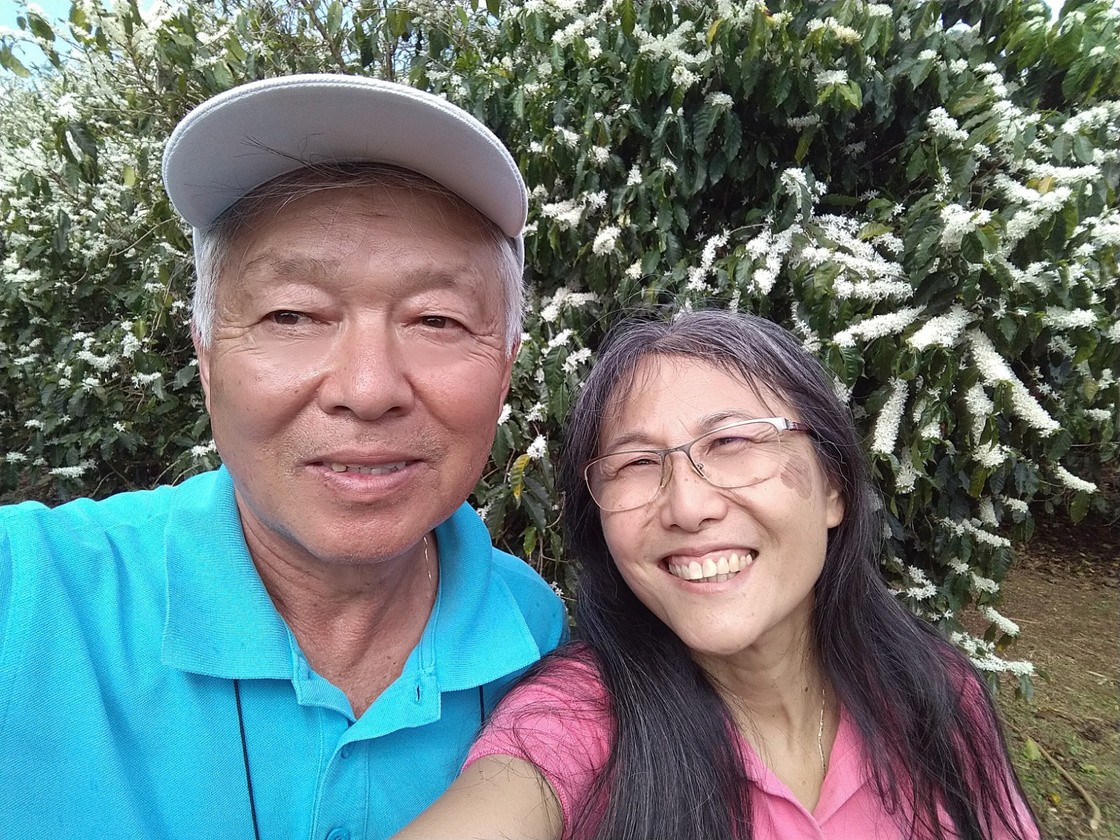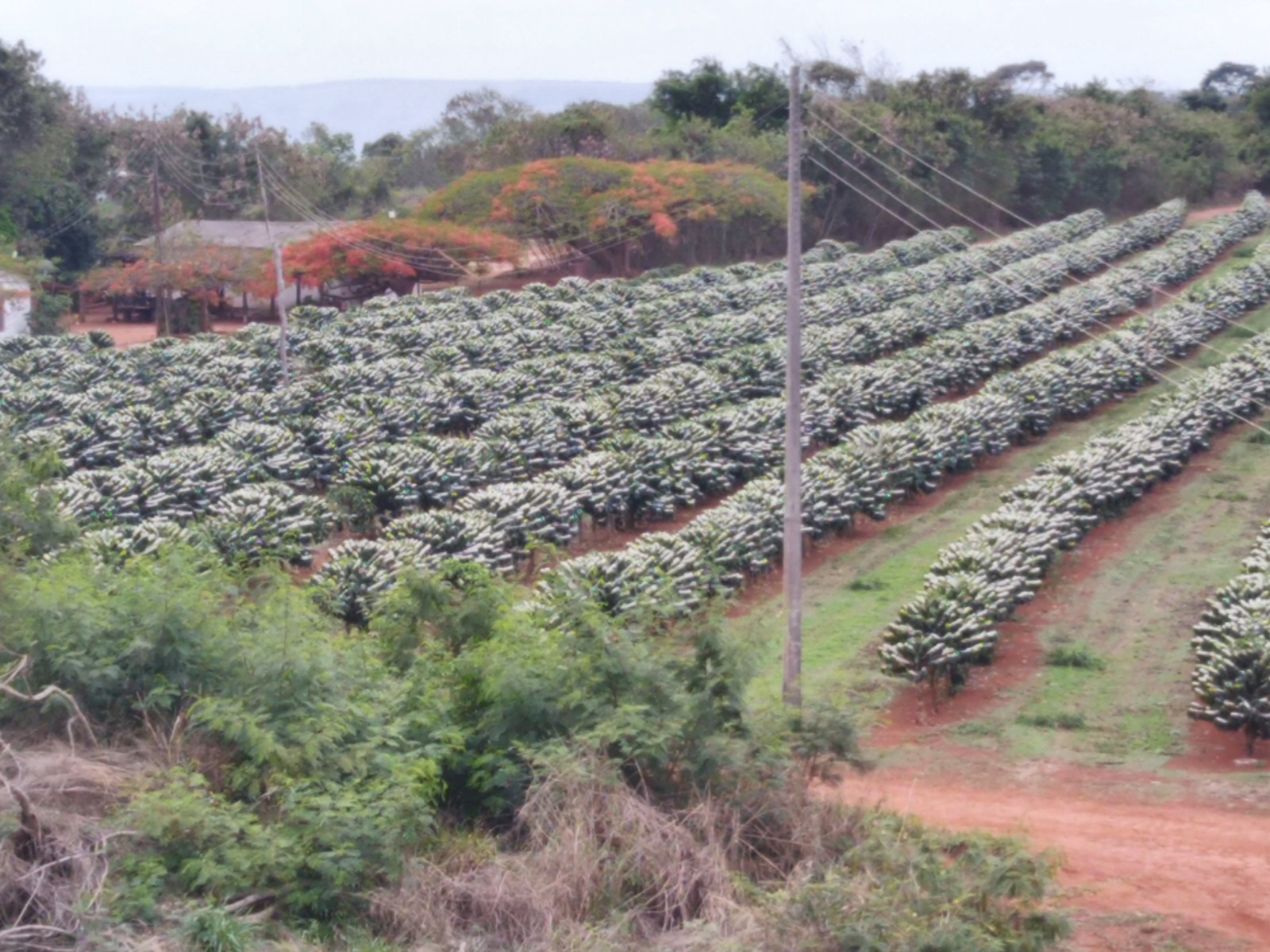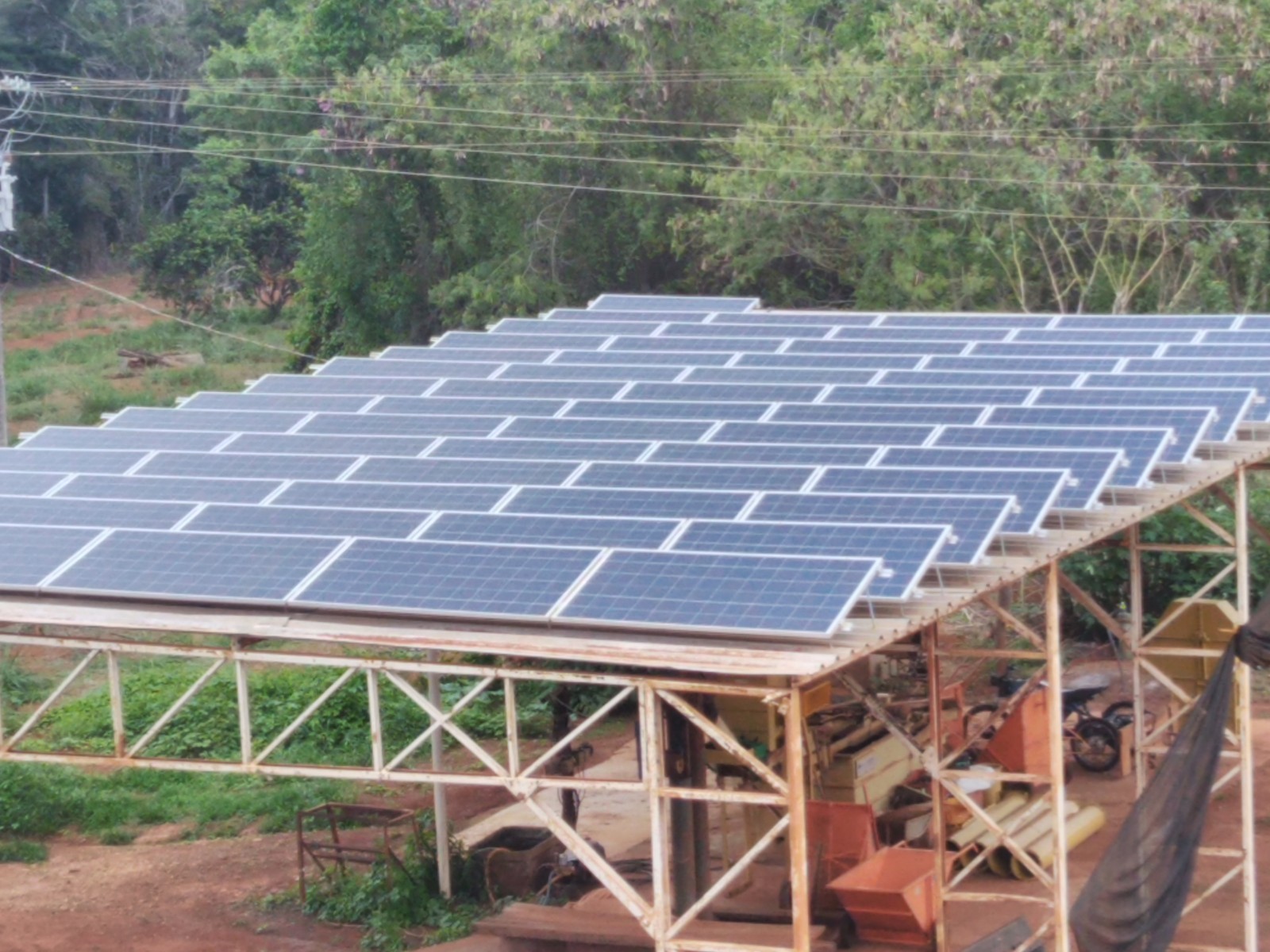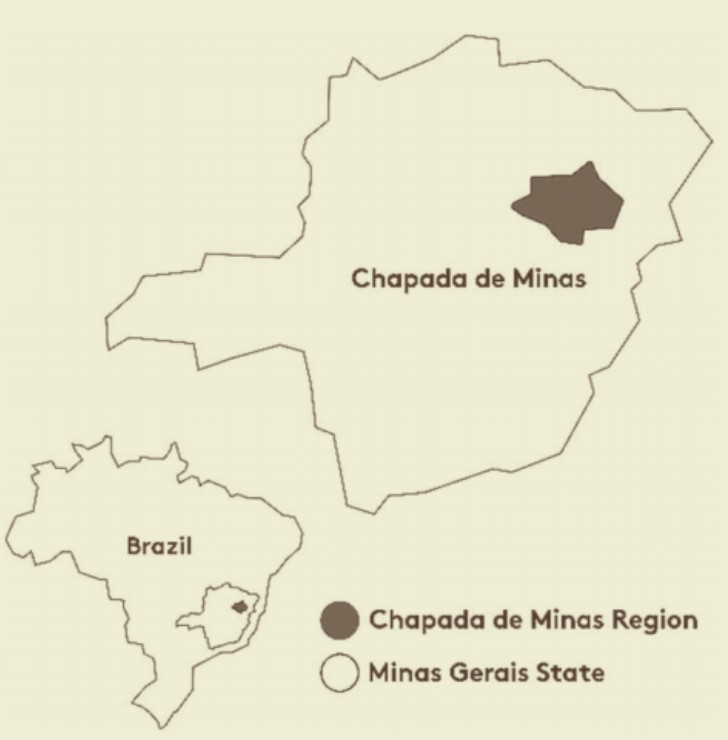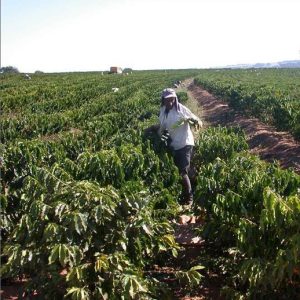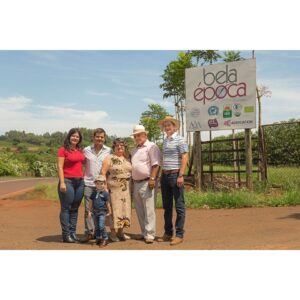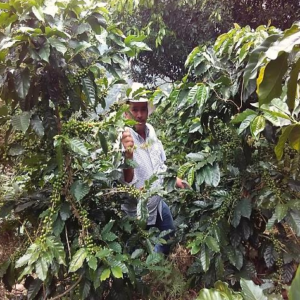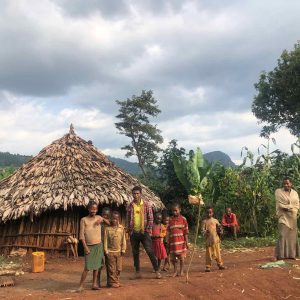Description
Nakamura Farm
Grower: Claudio Nakamura and Elvia Nakamura
Region: Chapada de Minas
Altitude: 850-930 MASL
Variety: Red Catuai
Process: Anaerobic Fermentation
Natural Anaerobic Fermentation
Cup Profile
sweet notes of ripe cherry some raspberry notes smooth body good acidity and nice sweet finish
Farm info
The story of Nakamura’s family began in 1929, when they came from Japan to Brazil looking for better life and work
conditions. They initially settled in the municipality of Bastos, in the upper São Paulo region, and they have
dedicated themselves to agriculture, cultivating various types of cereals and cotton. In the 1940s they moved to
Londrina, in Parana state, and began growing coffee.
Claudio Nakamura was born in 1956, at the height of coffee growing in Parana. He finished basic education in Londrina and went to UFPR Agronomy College in Curitiba, from
1974 to 1978. In 1975 there was a great frost, known as “black frost”, which devastated most of the coffee growing of Parana and São Paulo. The coffee plantation was
completely eradicated and it has begun the cereals growing phase and ramie plantation for fiber extractions. At this time, part of the family moved to the Alta Mogiana region, in
the municipality of Franca, seeking to restart the coffee growing, where they have had a good result.
With a great desire to continue the family’s activities, in 1986, he moved with his family to Chapada de Minas region, where they started the story of Nakamura’s
Farm. They have worked a few years on the land preparation, watching all the environmental rules, in order to begin planting the coffee’s seedlings. They have
struggled because of the weather, mainly because of the dry weather and the lack of rain. Along with that, there was a low in the coffee prices of the first crops, but
they have overcome all those challenges.
They always had a great collaboration, partnership and comprehension of the local community and neighbors of the region. They prioritize the local workforce and the
harvest is made 100% manually, focusing not only on the best product, but also in helping the socioeconomic development of the region.
Four years ago they were invited to be part of the group ICCM (Coffee Institute of Chapada de Minas), based in Capelinha-MG, which is located 150km far from their
farm. They’ve made a few experiences and reached a good quality standard, which nowadays makes their coffee much appreciated by the customers. They’ve begun
with twenty days of anaerobic fermentation (Sprouting Process Method, from Léo Moço) and currently they have been working with ten days of natural fermentation,
without using any additives.
The drying process occurs naturally on the terrace, without using dryers, and the time varies between ten and twenty days, depending on the available amount of sun . Usually,
they begin to harvest in mid June and finish it between August and September. Focusing on sustainable development, they are using photovoltaic energy in order
to meet the demand of the whole farm.

